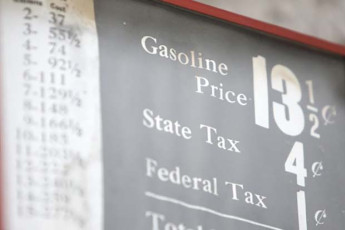Home > Blog


Business travel blog
Explore corporate travel articles, guides and business travel trends. Find information on corporate travel strategy and learn how you can improve your business processes and streamline your travel management program to save your organization time and money.


























